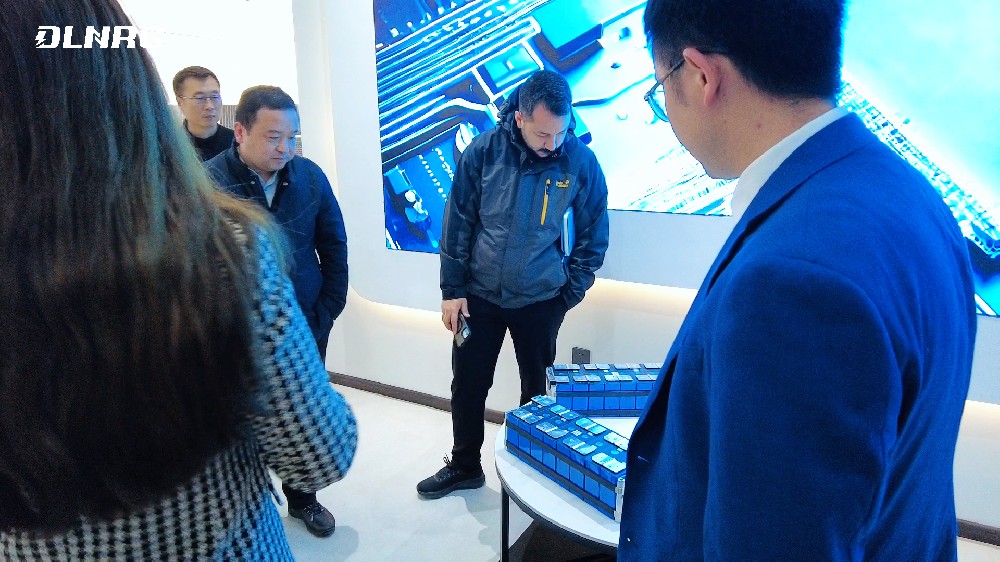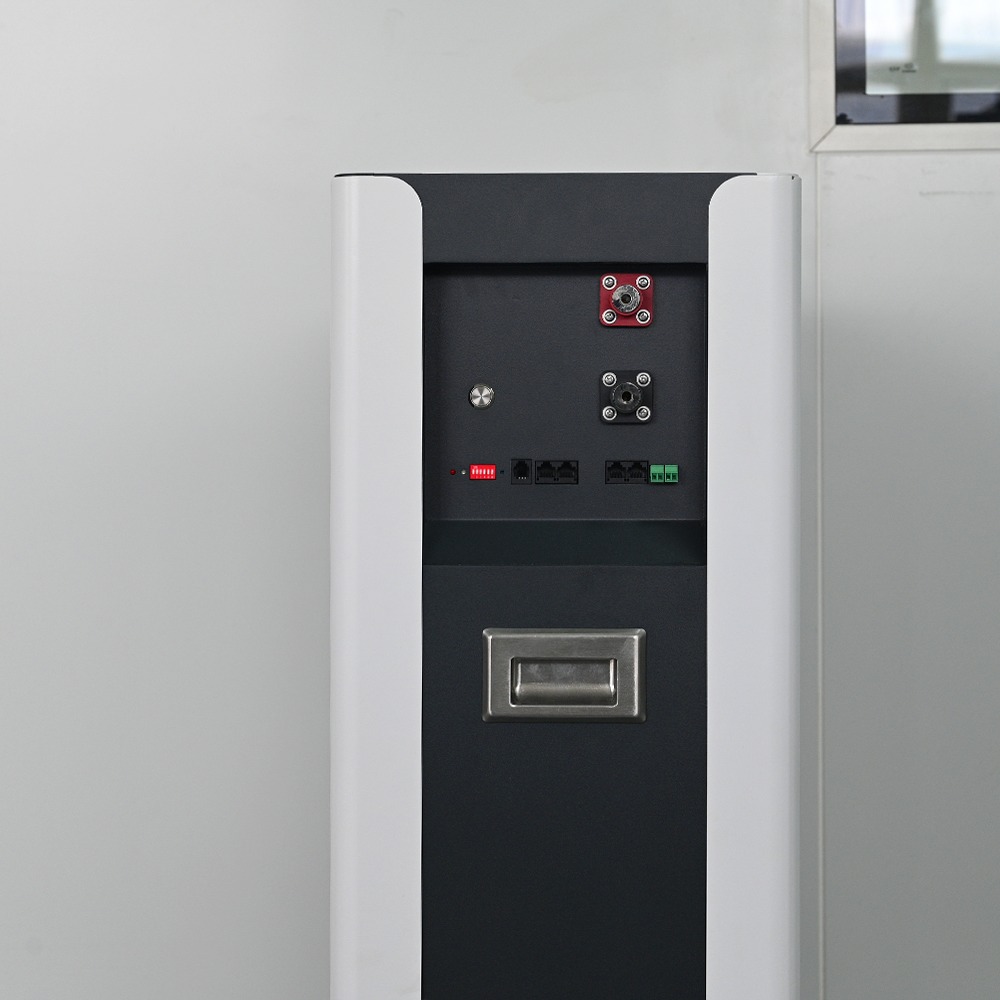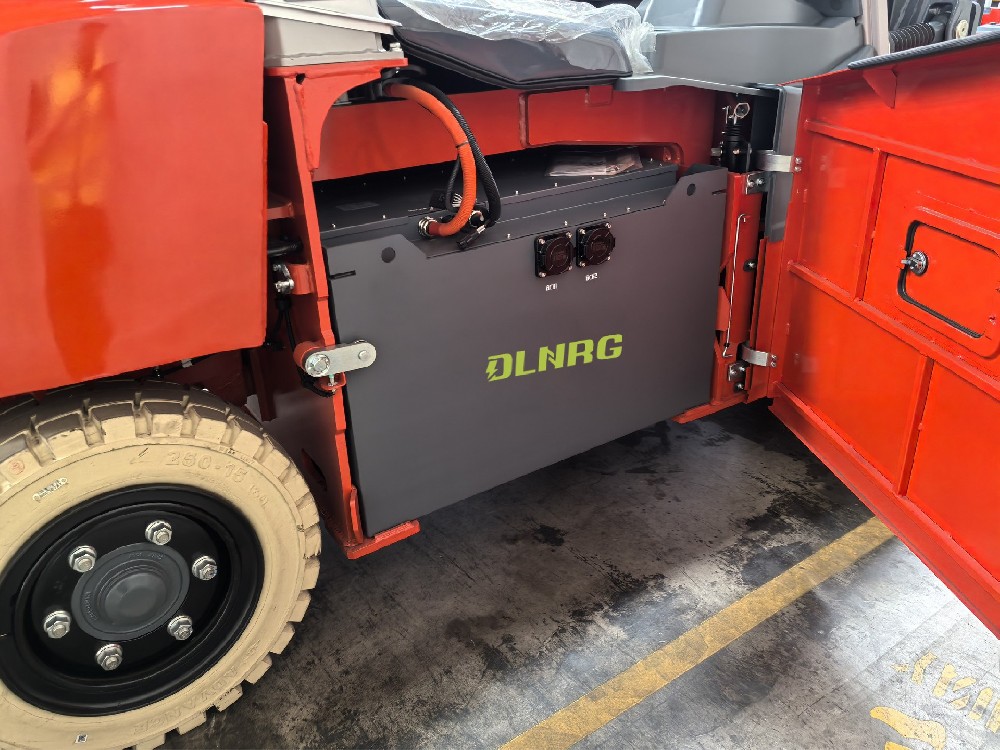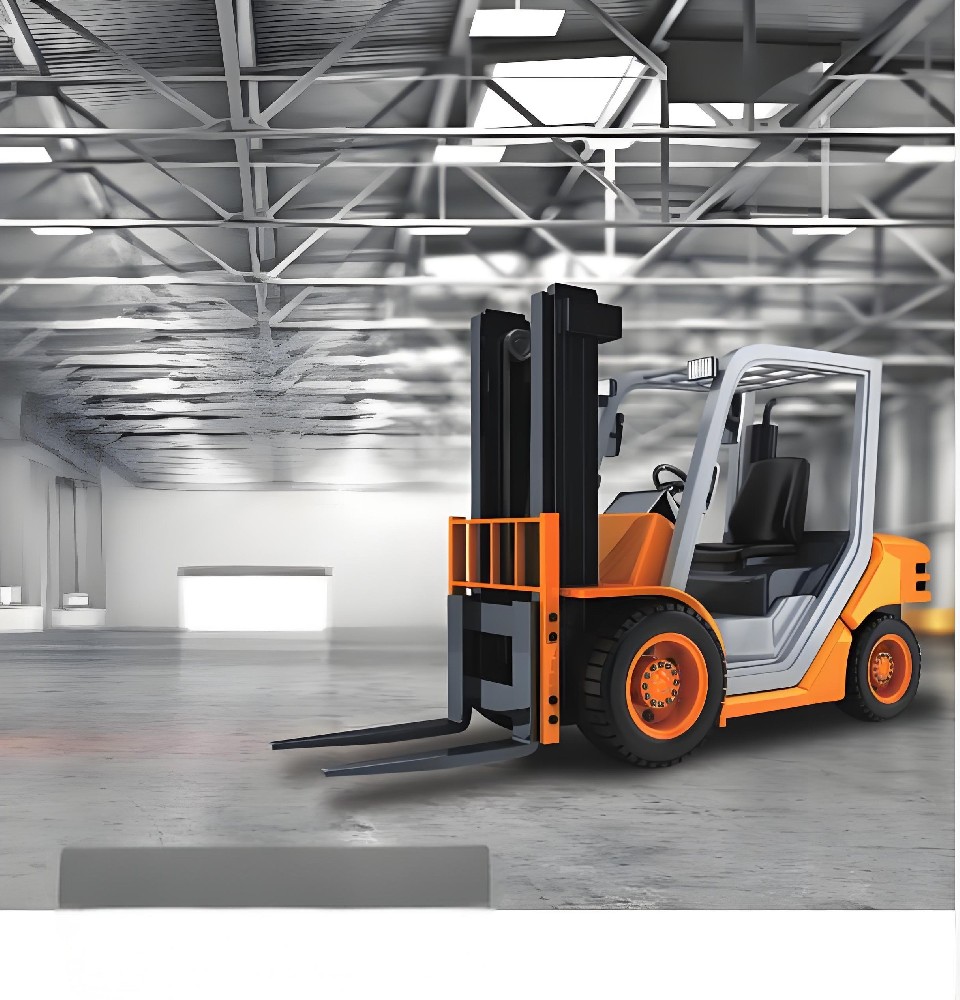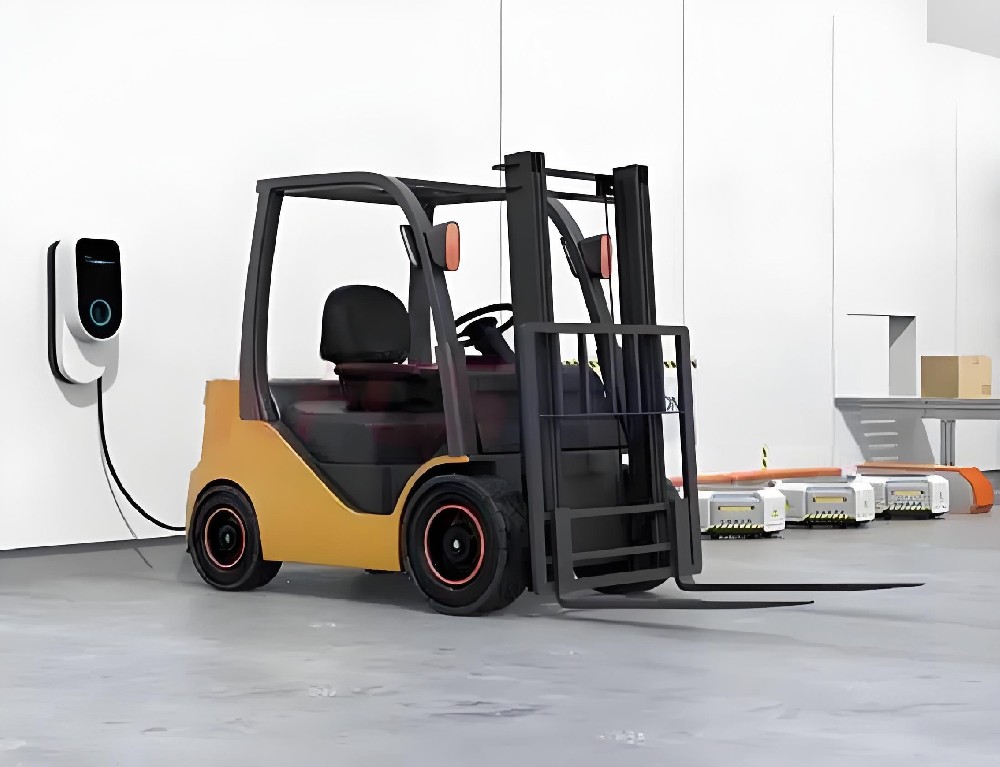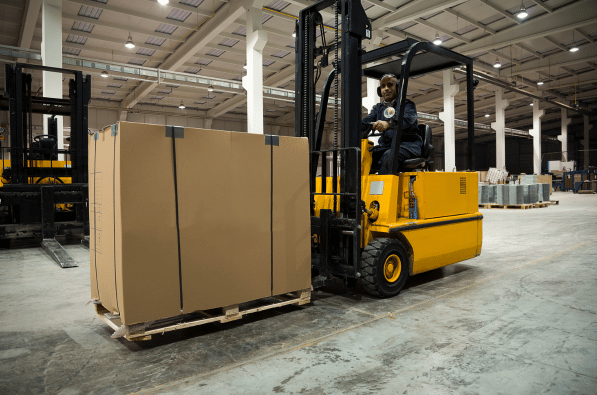
Forklifts have long been an essential piece of equipment for warehouses and manufacturing facilities, as they help to move heavy loads from one place to another efficiently. Over the years, technological advancements have significantly improved forklift design and performance. One such innovation is the introduction of lithium-ion batteries. This article will explore the many benefits of forklift lithium batteries and how they have revolutionized warehouse operations.
Enhanced Efficiency
One of the most notable advantages of lithium-ion batteries in forklifts is their higher energy efficiency than traditional lead-acid batteries. This increased efficiency translates into faster charging times, longer runtimes, and reduced business energy costs.
Longer Lifespan
Lithium-ion batteries have a longer lifespan than their lead-acid counterparts. With a life cycle of up to 2-3 times longer, they require fewer replacements, leading to lower maintenance costs and reduced business downtime. This increased longevity allows companies to invest in other areas of their operation, improving overall productivity and profitability.
Reduced Maintenance
Forklift lithium batteries are virtually maintenance-free and do not require watering, equalizing, or regular cleaning. This saves time and labor and reduces the risk of accidents related to battery maintenance. Additionally, the sealed design of lithium-ion batteries prevents acid leaks and corrosion, further extending the life of the battery and forklift components.
Eco-friendly Solution
Lithium-ion batteries are more environmentally friendly compared to lead-acid batteries. They have a lower environmental impact due to their longer lifespan, reduced waste production, and the absence of harmful chemicals such as lead and sulfuric acid. This makes lithium-ion batteries ideal for businesses looking to reduce their carbon footprint and contribute to a greener future.
Improved Performance
Forklifts powered by lithium-ion batteries offer consistent performance throughout the battery’s charge cycle. Unlike lead-acid batteries, which may experience a decline in performance as they discharge, lithium-ion batteries maintain their voltage levels, ensuring consistent forklift operation. This increases productivity, as operators can work steadily without worrying about reduced power.
Rapid Charging
One of the most significant benefits of lithium-ion batteries is their rapid charging capabilities. Unlike lead-acid batteries, which can take several hours to charge fully, lithium-ion batteries can be set in as little as 1-2 hours. This reduces downtime and allows forklifts to be back in operation quickly, increasing overall productivity.
Opportunity Charging
Lithium-ion batteries can be opportunity charged during breaks, eliminating the need for a dedicated charging period. This allows businesses to maximize the use of their forklifts and minimize downtime, leading to increased efficiency and productivity.
Lighter Weight
Lithium-ion batteries are considerably lighter than lead-acid batteries, resulting in a lower overall weight for the forklift. This reduced weight allows for better maneuverability, increases safety, and reduces wear and tear on warehouse floors.
Safety Improvements
Lithium-ion batteries have advanced safety features and management systems, significantly reducing the risk of accidents and fires. They are equipped with built-in thermal and voltage protection, which prevent overheating and overcharging. Additionally, the absence of corrosive acid and fumes makes lithium-ion batteries safer for warehouse workers.
Integration with IoT and Fleet Management Systems
Forklift lithium batteries often come with integrated innovative technology, enabling them to connect with the Internet of Things (IoT) and fleet management systems. This allows businesses to monitor battery health, usage, and performance in real time, facilitating proactive maintenance and data-driven decision-making. Monitoring and managing a fleet of forklifts remotely can improve efficiency and reduce operational costs.
Customizable Solutions
Lithium-ion batteries can be designed and configured to meet the specific needs of a business or application. This flexibility allows companies to optimize their forklifts’ performance and ensure they use the most efficient and suitable battery solution for their unique requirements.
High Return on Investment
Although the upfront cost of lithium-ion batteries may be higher than traditional lead-acid batteries, the long-term benefits outweigh the initial investment. The reduced maintenance and replacement costs, increased productivity, and longer lifespan of lithium-ion batteries contribute to a high return on investment, making them a cost-effective choice for businesses.
Conclusion As the material handling industry continues to evolve, it is clear that forklift lithium batteries are becoming the preferred choice for businesses looking to improve their operations. The numerous advantages of lithium-ion batteries, including safety, efficiency, sustainability, and customization, make them a wise investment for companies striving to stay ahead in a competitive market. By embracing this innovative technology, businesses can optimize their warehouse operations and pave the way for a more efficient and sustainable future.
